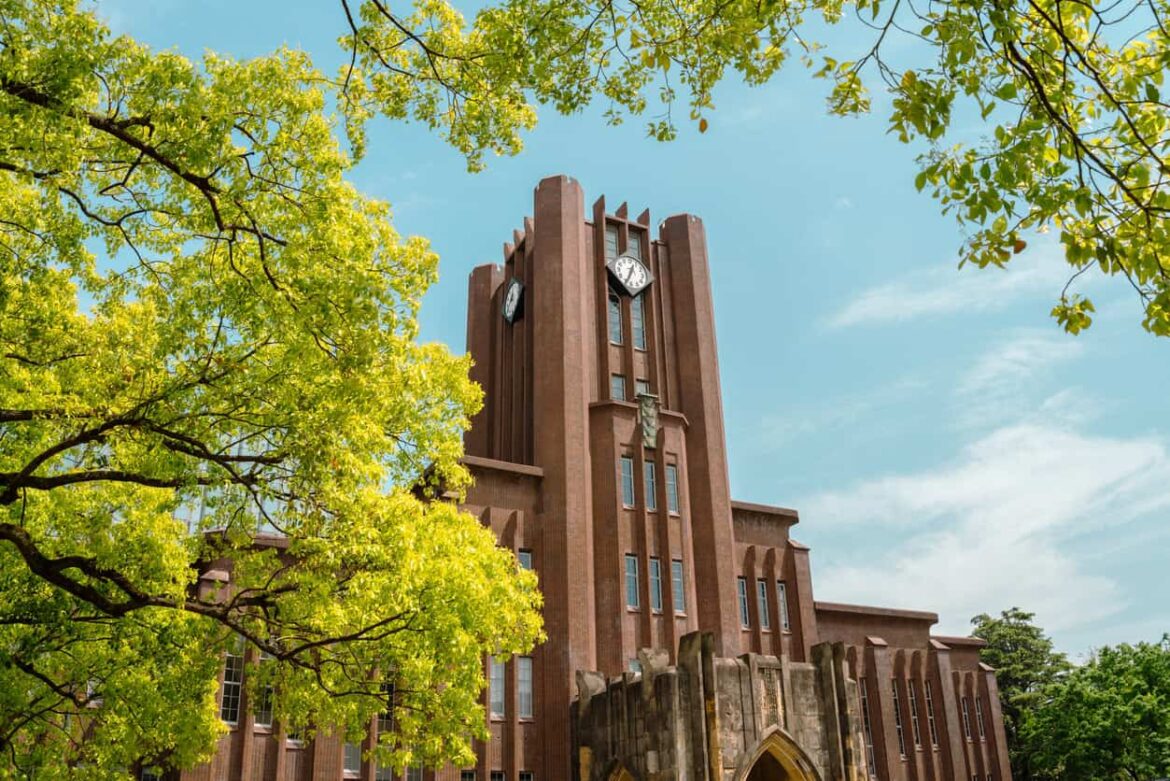The program, known as the Excellence Program for Engaging Research Talent – Japan (EXPERT-J), is part of wider efforts to boost Japan’s international research capacity, funded by 100 billion Yen of investment announced by the government in June.
Japan’s council for science, technology and innovation said EXPERT-J would help make the country “the most attractive environment for researchers in the world”.
The initiative will subsidise researchers’ salaries and living expenses, supporting international scientists, graduate students and Japanese nationals, encouraging them to establish careers in Japan.
Headed up by Japan’s ministry of education, culture, sports, science and technology (MEXT), 3.3bn Yen has been allocated across the 11 universities to provide financial support to researchers over the next three years.
Stakeholders have said it is rare for a Japanese ministry to speak so plainly.
“Governments in Tokyo do not typically discuss competition as if the world were a zero-sum game,” wrote James Hoadley, Georgia Tech professor and Japan researcher.
“Japan believes that if it does not compete, it will lose,” Hoadley continued. “It believes that the period of American scientific dominance has opened a window through which talent may escape.”
It is understood that priority was given to universities hiring researchers in 2025, with commentators highlighting Japan’s ambition to attract researchers pivoting away from the US, which has been hit by research budget cuts under the Trump administration.
“Given the recent major changes in the international situation, it is very important for Japan to take steps to strengthen efforts to promote international talent mobility and circulation, without falling behind the international research community,” a MEXT official told The PIE News.
“Human beings, particularly researchers, are at the heart of advancing science, technology and innovation,” they added.
Following the universities’ selection on September 30, education minister Toshiko Abe said she hoped the initiative would strengthen “the international circulation of talented people” and that Japan’s research capabilities would be further improved.
It is very important for Japan to take steps to strengthen efforts to promote international talent mobility and circulation, without falling behind the international research community
Japan Ministry of Education, Culture, Sports, Science and Technology (MEXT)
The program is the latest in Japan’s internationalisation efforts, which aim to attract 400,000 international students to the country by 2033 and recently saw the relaxation of enrolment limits at certain universities.
The broader measures have also involved encouraging the use of English-language teaching and researching, as well as the government creating more flexible visa pathways for families and spouses.
It comes as Japan’s ageing population continues to drive a shrinking domestic talent pool and has been deemed an “urgent” initiative by the government to ensure the country does not fall behind in attracting international researchers.
Japan is not the only destination vying for talent from the US, following Europe unveiling its “Choose Europe for Science” initiative this June, which carries a €500 million investment to attract the world’s brightest minds.
Meanwhile, Japan also faces competition from its Asian neighbours, with destinations such as South Korea, Singapore, Hong Kong and Taiwan investing in English-language research environments and seeking more international talent to drive innovation.
The following universities were selected to receive research funding under the initiative:
1. 沖縄科学技術大学院 Okinawa Institute of Science and Technology (OIST)
2. 金沢大学 Kanazawa University
3. 九州大学 Kyushu University
4. 京都大学 Kyoto University
5. 神戸大学 Kobe University
6. 筑波大学 University of Tsukuba
7. 東京科学大学 Institute of Science Tokyo
8. 東京大学 The University of Tokyo
9. 名古屋大学 Nagoya University
10. 広島大学 Hiroshima University
11. 北海道大学 Hokkaido University


AloJapan.com